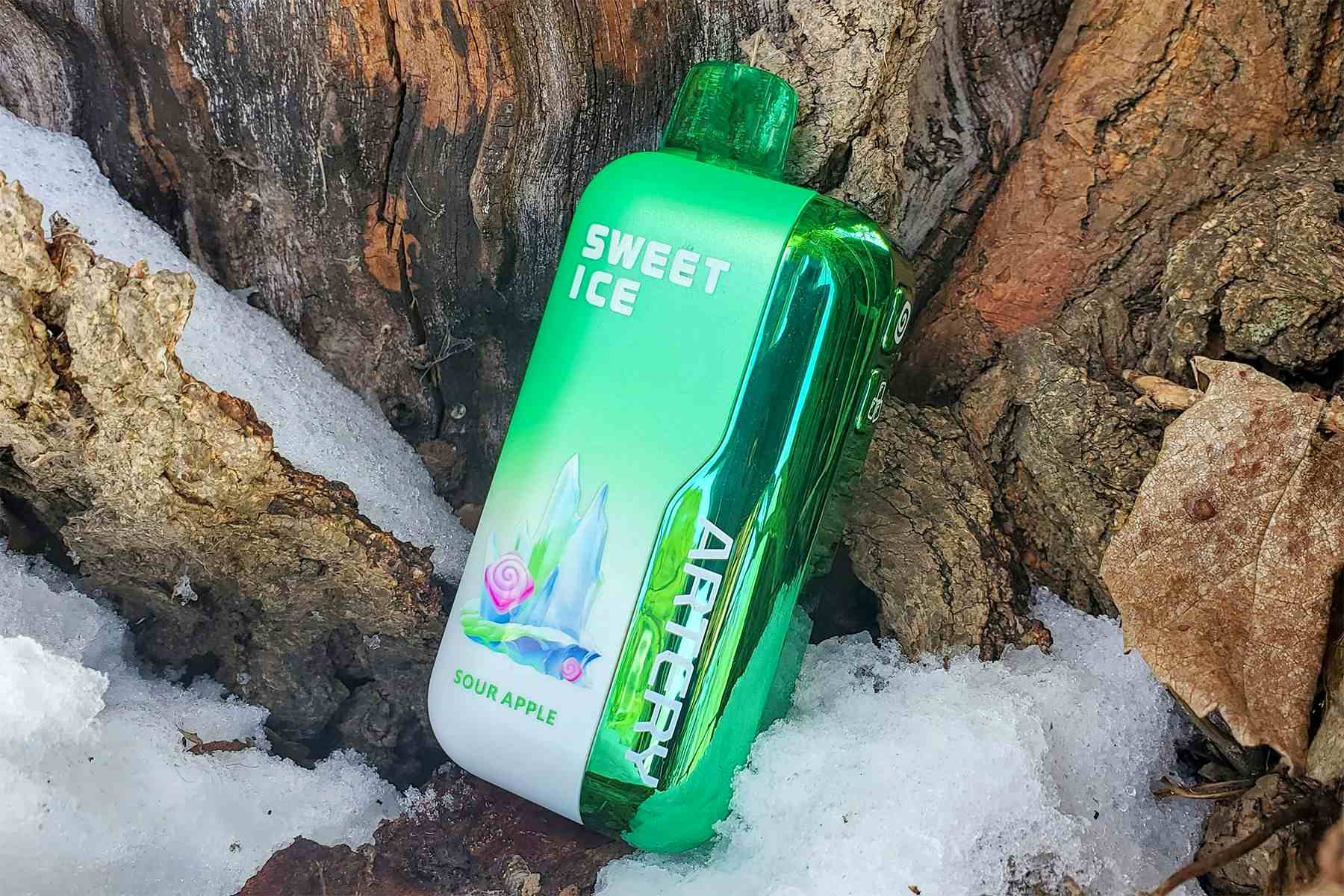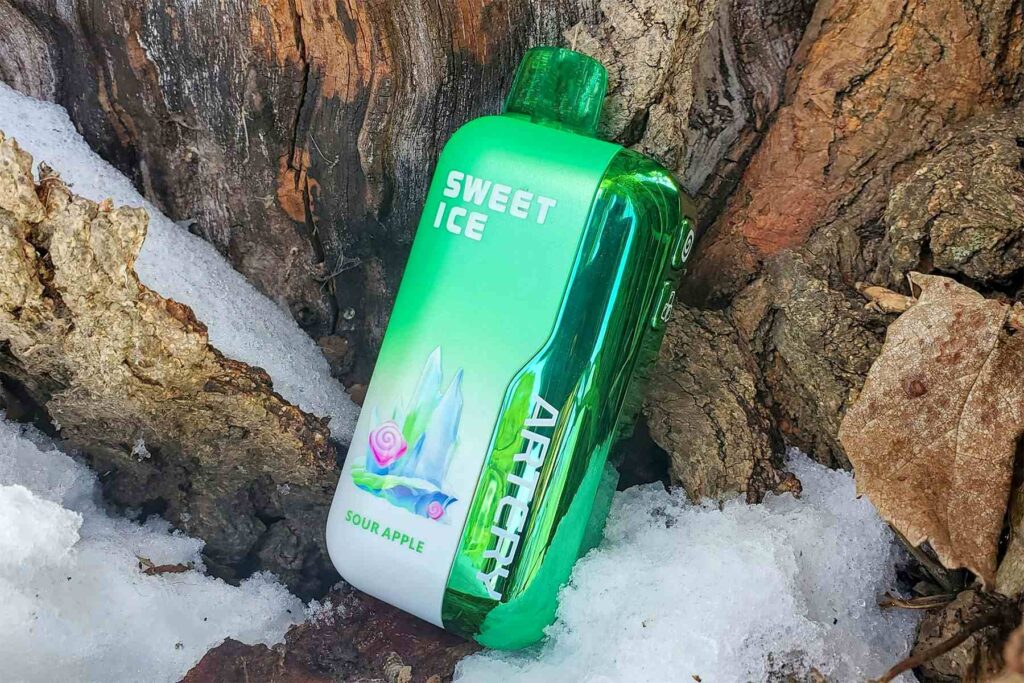Understanding Flavor Variability in Vaping
Vaping has increasingly gained popularity as an alternative to traditional smoking, and one of its most intriguing aspects is the wide array of flavor profiles available. However, many vapers notice that their experiences with flavors can vary considerably. In this article, we will explore the reasons behind these differences in flavor perceptions and offer a comprehensive guide for vapers wishing to enhance their vaping experience.
Factors Influencing Flavor Perception
There are several factors that can contribute to the distinct flavors perceived by different vapers. One key factor is the individual’s taste buds. Genetic variations can affect how flavors are detected and processed in the brain. For instance, some individuals may have heightened sensitivity to sweet flavors, while others may be more attuned to sour or savory notes.
Another important consideration is the physiological condition of the vaper. Factors such as age, dietary habits, and even the time of day can influence taste perception. Vapers who have recently consumed strong flavors or have experienced colds or allergies may find their flavor experience altered.
Device and Coil Variations
The type of vaping device and the coil used can also significantly impact flavor delivery. Different devices, whether it be a pod system, sub-ohm tank, or rebuildable atomizer (RTA), can produce varying airflow and vapor production. A high-wattage device may saturate the e-liquid more efficiently, enhancing the flavor notes. Conversely, a low-wattage device may not generate enough heat to fully release the flavor profiles.

Furthermore, the type of coil material can affect flavor. Stainless steel, nickel, and nichrome coils each interact with e-liquids differently. For instance, stainless steel can produce a cleaner taste, which may allow for more nuanced flavor notes to be detected.
Quality of E-Liquid
Another essential aspect to consider is the quality of the e-liquid itself. High-quality e-liquids made from food-grade ingredients typically exhibit more complex flavor profiles and richer tastes. Conversely, poorly made e-liquids may lack depth and can even taste artificial. Additionally, the steeping process of e-liquids can enhance flavor complexity. Some vapers prefer to allow their e-liquids to steep, allowing the flavors to meld and mature over time.
Personal Preferences and Context
Personal preferences play a critical role in flavor perception. Each vaper has unique taste inclinations, which can sway their enjoyment of certain flavors. Additionally, the context in which one vapes can influence the perceived flavor. Factory atmospheres, social settings, or even one’s mood can change the way flavors are experienced.
Achieving Flavor Consistency
For those vapers seeking to achieve a more consistent flavor experience, there are a few practical steps to consider. First, invest in high-quality devices and e-liquids. Experiment with different coil builds and materials to find what works best for your tastes. Finally, maintain your device regularly to ensure optimal performance and flavor delivery.
Conclusion
Understanding the factors that influence flavor perception can enhance the vaping experience and provide greater satisfaction. By acknowledging individual differences, device choices, e-liquid quality, and personal preferences, vapers can navigate the world of flavors more effectively and enjoyably.





